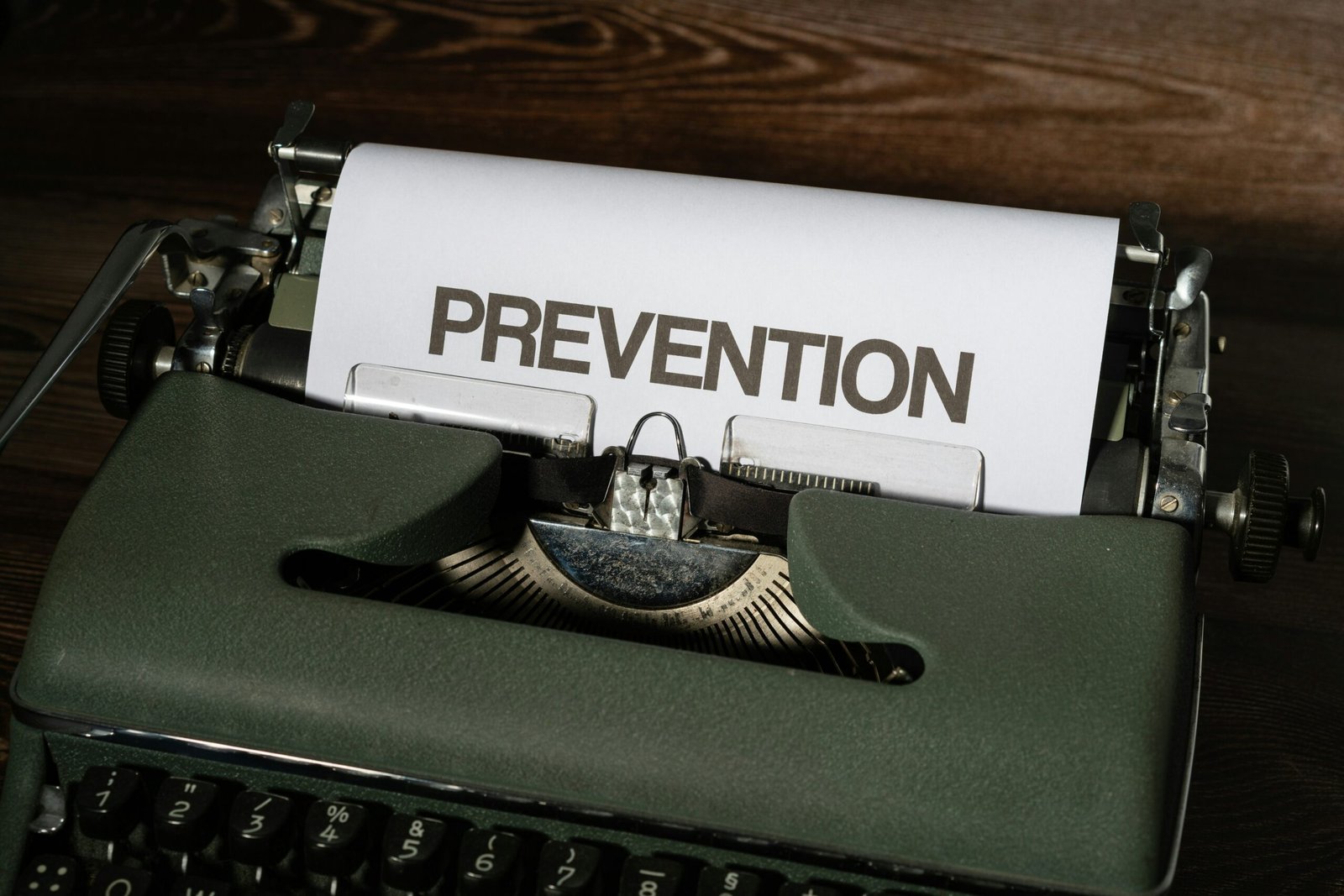Have you ever wondered how to safeguard your hard-earned money when inflation starts creeping into the economy? Inflation can erode your purchasing power, and if left unchecked, it can significantly affect your financial well-being. Let’s dive into effective strategies to help you protect your assets and maintain the value of your wealth when inflation rears its ugly head.
Understanding Inflation
Before you can effectively combat inflation, it’s important that you understand what it is and how it affects your money. Inflation occurs when there is an increase in the prices of goods and services, resulting in a decrease in purchasing power. It means that over time, your money buys less than it used to, which can be tough on both your wallet and your long-term financial goals.
Causes of Inflation
Identifying the root causes of inflation can help you understand how it comes into play. Generally, inflation is caused by several factors:
-
Demand-Pull Inflation: This type of inflation occurs when demand for goods and services exceeds supply. It’s like too many people wanting the same limited resources, causing prices to rise.
-
Cost-Push Inflation: This arises when the cost of production goes up, leading to an increase in the prices consumers have to pay. It could be due to rising wages or higher costs of raw materials.
-
Built-In Inflation: Often linked to adaptive expectations, this type occurs because people expect prices to continue rising, leading businesses to increase prices and workers demanding higher wages.
Effects of Inflation
Inflation can have several impacts on the economy and your personal finances:
-
Reduced Purchasing Power: The most direct impact is a reduction in the purchasing power of money. Simply put, what you could buy with $10 last year may cost $11 or more this year.
-
Higher Interest Rates: Central banks might increase interest rates to curb inflation, which can make borrowing more expensive.
-
Wage Pressure: As prices increase, there can be pressure to raise wages, adding to the cost of doing business.
With a grasp on what inflation is and its effects, let’s move on to exploring strategies you can use to protect your finances.
Diversified Investments
Investing is one of the most effective ways to guard against inflation. By carefully choosing where to allocate your money, you can potentially outpace inflation and grow your wealth.
Stock Market
Historically, the stock market has provided returns that exceed inflation in the long term. Although it comes with risks, strategically investing in stocks can lead to growth that compensates for inflation and then some.
Real Estate
Property investments have been a popular hedge against inflation. Real estate tends to appreciate over time, and rental income can adjust with inflation, providing you with a steady, growing income stream.
Commodities
Commodities like gold, silver, and oil often gain value when inflation is high. These tangible assets can be a safe haven to preserve your wealth during inflationary periods.
Diversification Strategy
A diversified investment portfolio can be tailored to your risk tolerance and financial goals. Consider a mix of stocks, bonds, real estate, and commodities to balance potential risks and rewards.

This image is property of images.unsplash.com.
Treasury Inflation-Protected Securities (TIPS)
TIPS are a defensive investment that can specifically protect against inflation. These government-backed securities adjust their principal value based on inflation rates, ensuring that your investment maintains its purchasing power.
How TIPS Work
-
Principal Adjustment: As inflation rises, the principal value of TIPS adjusts upward. When inflation falls, the opposite happens, but you never receive less than your original principal upon maturity.
-
Interest Payments: TIPS pay interest twice a year at a fixed rate applied to the adjusted principal. This means your interest income increases with inflation.
TIPS can be an excellent choice if you want a low-risk investment that directly correlates with inflation.
Revisiting Budget and Expenses
Keeping an eye on your spending habits during inflationary times can make a big difference. Adjusting your budget to reflect changing prices helps maintain financial control.
Effective Budgeting Steps:
-
Assess Your Expenses: Regularly review your expenses to identify those that have increased due to inflation. Look for categories like groceries, utilities, and transport that are often affected.
-
Prioritize Necessities: Focus on essential expenses and cut back on non-essential items to stay within your means.
-
Create a Buffer: Build a buffer in your budget for unexpected cost surges. An emergency fund specifically for inflationary periods can be very beneficial.
By being proactive about your expenditures, you can lessen the financial strain inflation may impose.

This image is property of images.unsplash.com.
Maintaining Emergency Savings
An emergency savings fund is crucial for dealing with unexpected expenses that might arise during inflationary times. This fund offers a cushion and peace of mind, ensuring you won’t have to rely on high-interest loans when times get tough.
Building Your Emergency Fund
-
Determine Your Expenses: Calculate 3-6 months’ worth of living expenses to decide the size of your emergency fund.
-
High-Interest Savings Account: Consider parking your emergency fund in a high-interest savings account that can offer returns just above or at par with inflation, thus preserving your purchasing power.
Consistent Contributions
Make regular contributions to your fund, treating it as an essential part of your financial routine. This habit can quietly safeguard your financial stability when inflation hits.
Increasing Financial Literacy
Understanding personal finance and financial markets better prepares you for making informed decisions during inflation.
Learn and Adapt
-
Stay Informed: Keep up with economic news to understand how inflation is trending and which sectors are affected.
-
Educate Yourself: Take courses, read books, or follow financial experts to enhance your understanding of inflation and strategies to combat it.
The more knowledgeable you become, the better equipped you’ll be to make decisions that secure your financial future.

This image is property of images.unsplash.com.
Seeking Professional Financial Advice
At times, seeking the guidance of a financial advisor can be extremely helpful. Advisors can offer personalized strategies based on your unique situation, helping you manage your investments and safeguard against inflation in an informed manner.
Choosing the Right Advisor
Ensure that you select an advisor with proven expertise, especially in handling inflationary environments. A good advisor will tailor strategies to fit your risk tolerance, investment horizon, and financial goals.
Using Debt Wisely
While debt can be a financial burden, inflation can actually reduce the real value of fixed-rate debt over time, because you repay your loan with money that ends up being worth less.
Smart Debt Management
-
Fixed-Rate Loans: If you anticipate inflation, a fixed-rate loan means your payments don’t increase with inflation, making them relatively cheaper.
-
Avoid Variable-Rate Loans: These can become more expensive as interest rates rise during inflationary periods.
Using debt judiciously under the right circumstances can be a surprisingly helpful tool in managing inflation.

This image is property of pixabay.com.
Staying Emotionally Prepared
Finally, remember that your financial wellbeing is closely tied to your emotional state. Stress can lead to hasty financial decisions, which might not always be in your best interest.
Building Resilience
-
Set Realistic Goals: Set measurable and achievable goals for saving and investing. This will keep you focused and less prone to panic.
-
Mindful Practices: Engage in practices like mindfulness or meditation to keep stress levels manageable, allowing for clearer decision-making.
By maintaining an emotional equilibrium, you can confidently navigate the stormy seas of inflation without losing sight of your long-term financial objectives.
Conclusion
Inflation is a natural part of the economic cycle, but that doesn’t mean it needs to blow your financial plans off course. By understanding inflation and implementing these strategies, you can protect your wealth and ensure your financial goals remain intact, no matter what the economy throws your way.
In approaching inflation with an informed and strategic mindset, you can take active steps to shield your assets and sustain your financial health. Implementing a mix of investments, smart budgeting, continuous learning, and emotional resilience will help you stay ahead and secure your economic future.

This image is property of pixabay.com.